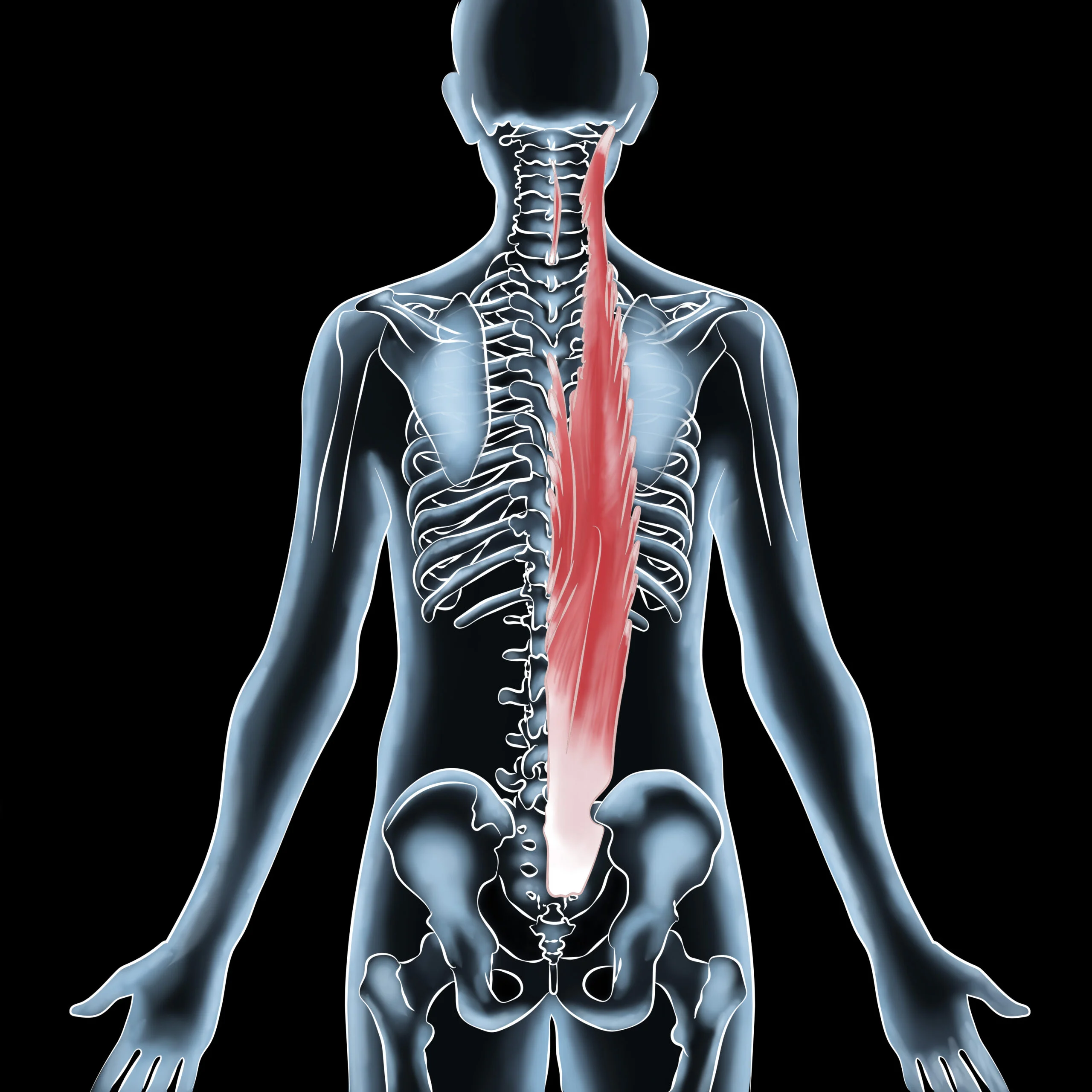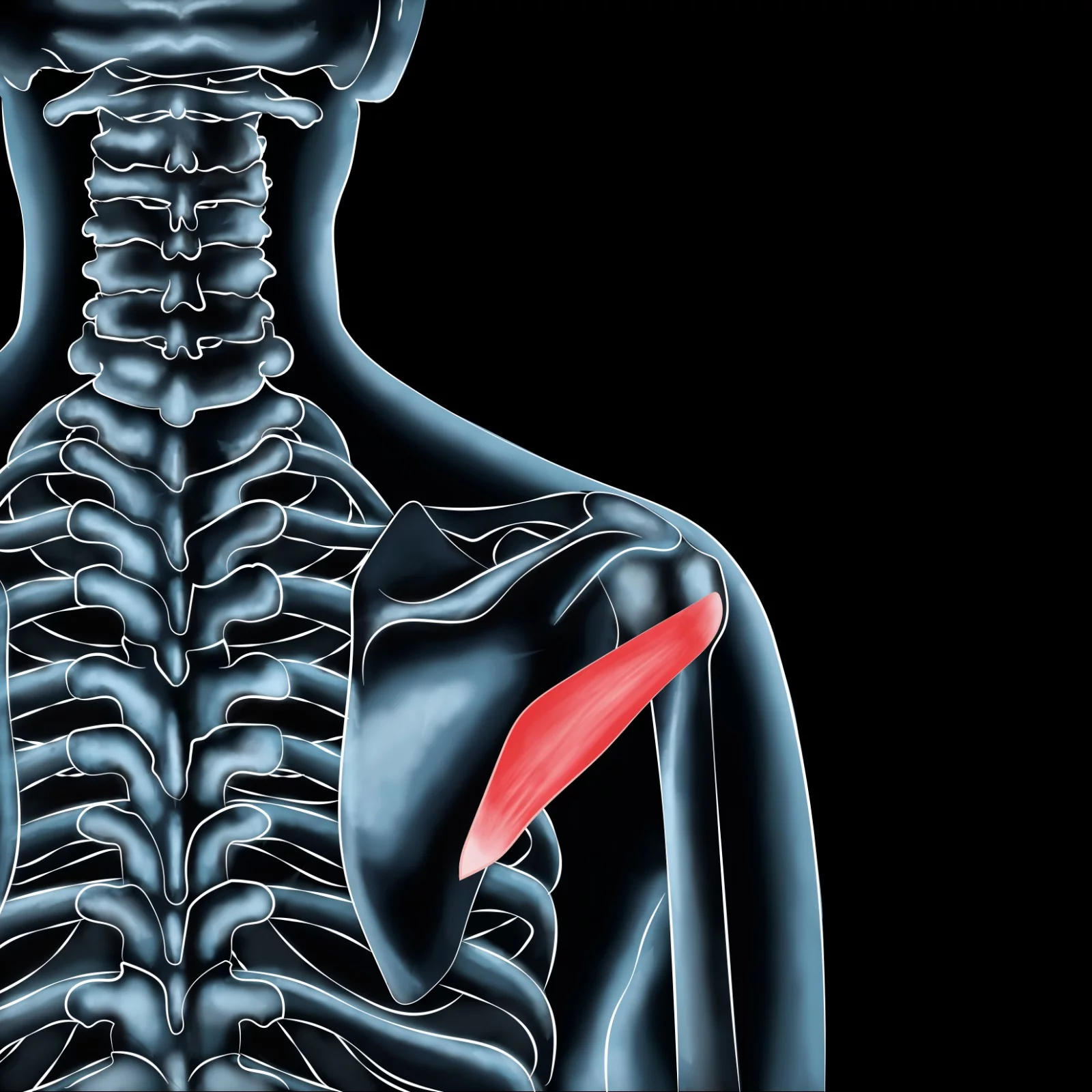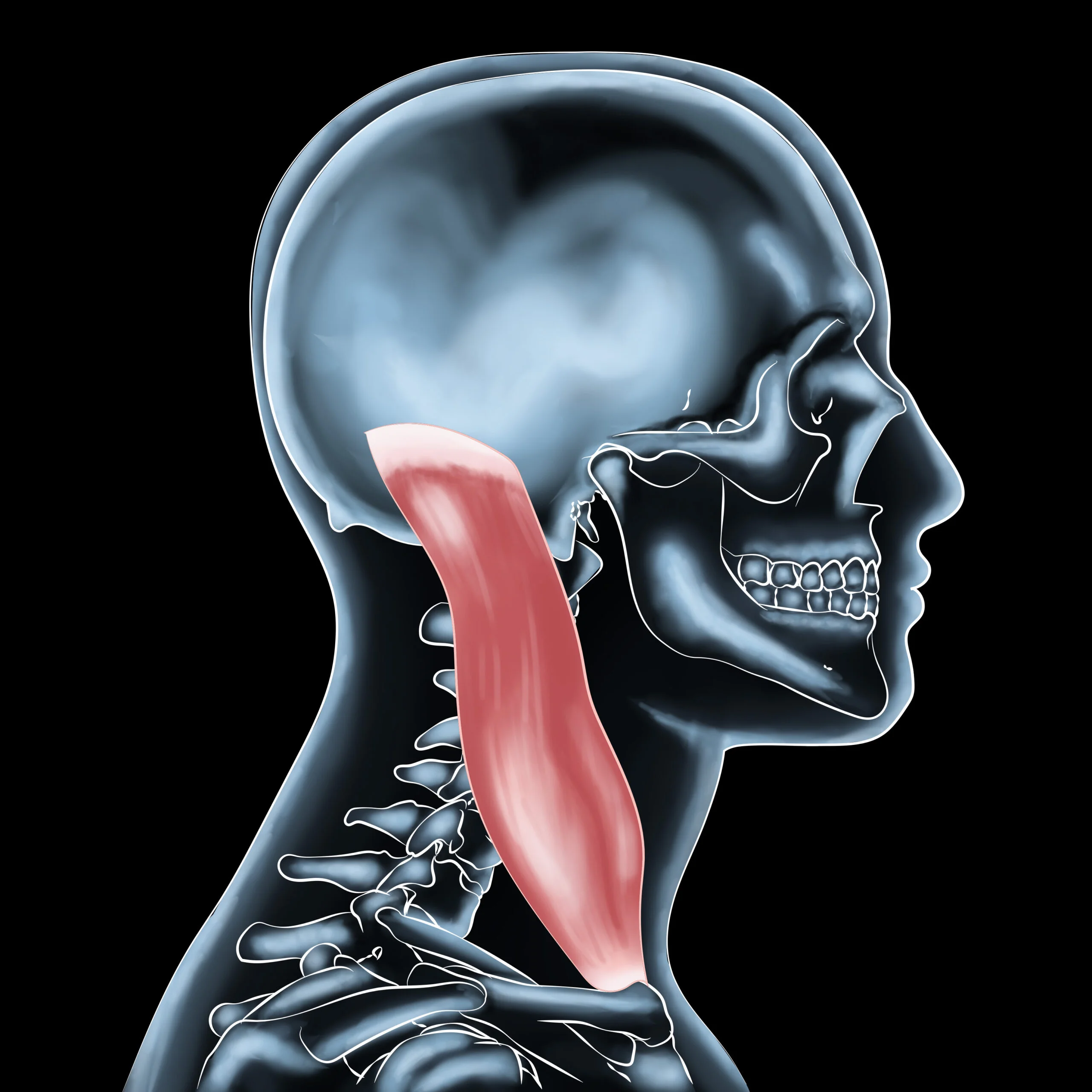Symptom – Are you experiencing Chronic Pain?
Chronic pain is defined as pain that persists for a long period of time, typically longer than 3 months. It can be caused by a variety of conditions, such as arthritis, nerve damage, fibromyalgia, and injuries. Chronic pain can significantly affect a person’s quality of life, as it can interfere with daily activities and cause difficulty with sleep, mood, and physical function.
Treatment for chronic pain often involves a combination of medications and therapies. Over-the-counter pain relievers, such as acetaminophen or ibuprofen, can help manage mild to moderate pain. For more severe chronic pain, prescription medications, such as opioids or antidepressants, may be necessary. In addition to medication, physical therapy, exercise, and other lifestyle changes, such as stress management and relaxation techniques, can be helpful in managing chronic pain.
It is important to work with a healthcare provider to determine the best treatment plan for managing chronic pain. It is also important to communicate with your healthcare provider about any side effects or concerns with treatment.
What causes Chronic Pain?
Chronic pain can be caused by a variety of conditions, including:
- Arthritis: This is a condition that causes inflammation in the joints, leading to pain, stiffness, and swelling. The two most common types of arthritis are osteoarthritis and rheumatoid arthritis.
- Nerve damage: Damage to the nerves, such as from injury or disease, can cause chronic pain.
- Fibromyalgia: This is a condition that causes widespread muscle pain and tenderness, as well as fatigue and sleep problems.
- Injuries: Chronic pain can also be caused by injuries, such as sprains or fractures, that do not heal properly or result in scar tissue that can cause ongoing pain.
- Other medical conditions: Chronic pain can also be a symptom of other medical conditions, such as cancer, inflammatory bowel disease, or multiple sclerosis.
In some cases, the cause of chronic pain may not be known. This is known as chronic pain syndrome.
It is important to work with a healthcare provider to determine the cause of chronic pain and to develop an appropriate treatment plan.
How to treat your Chronic Pain?
Treatment for chronic pain often involves a combination of medications and therapies. Some options for treating chronic pain include:
- Medications: Over-the-counter pain relievers, such as acetaminophen or ibuprofen, can help manage mild to moderate pain. For more severe chronic pain, prescription medications, such as opioids or antidepressants, may be necessary. It is important to work with a healthcare provider to determine the best medication for your specific needs and to monitor for any potential side effects.
- Physical therapy: Physical therapy can help improve flexibility, strength, and range of motion, which can help manage chronic pain.
- Exercise: Regular exercise can help improve physical function and manage chronic pain. It is important to work with a healthcare provider or physical therapist to determine the best exercise plan for your specific needs and abilities.
- Lifestyle changes: Making changes to your lifestyle, such as getting enough sleep, managing stress, and practicing relaxation techniques, can also help manage chronic pain.
- Alternative therapies: Some people may find relief with alternative therapies, such as acupuncture, massage, or chiropractic care. It is important to discuss the use of alternative therapies with a healthcare provider.
It is important to work with a healthcare provider to determine the best treatment plan for managing chronic pain. It is also important to communicate with your healthcare provider about any side effects or concerns with treatment.






